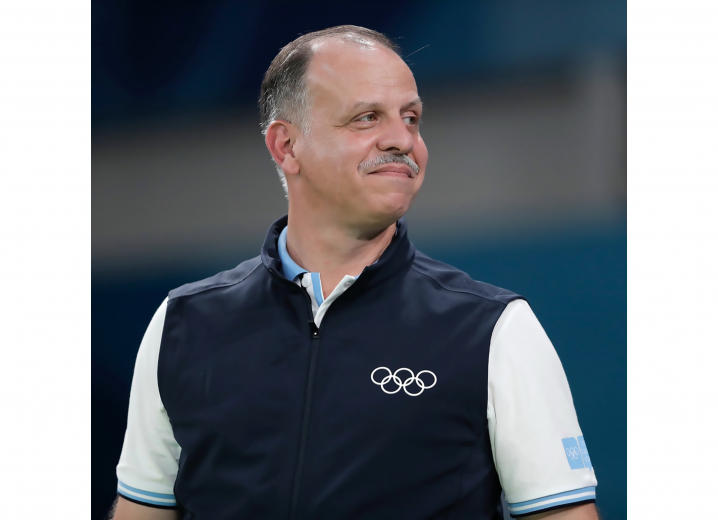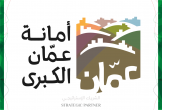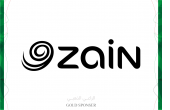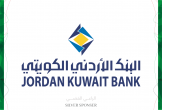Prince Feisal Al Hussein: Sport must recognise its special role in driving peace across the globe

Sep 21, 2023
It is 42 years since the United Nations first established the International Day of Peace and 22 years since its General Assembly designated the day as a period of non-violence and ceasefire.
Today, as we mark this occasion and the important message it promotes, it is impossible to ignore that we are living through a time of heightened conflict.
Across the world, we are witnessing a rise in local armed conflicts, regional wars and crises that are devastating communities and causing unfathomable destruction, and the impact is felt by all of us, everywhere.
Sport does not have the power to stop or eliminate conflict - that needs political will.
But I firmly believe that, when integrated within a wider political and social strategy, sport can help in the de-escalation of crises that are moving towards conflict.
Equally, sport can and does help in repairing fractured communities in a post-conflict world.
We would therefore be wrong to overlook the unique role sport plays in society through promoting values of respect, friendship, balance, excellence and perseverance.
Sport and its values transcend barriers formed by nationalism, ethnicity, language, social status, colour and creed.
Sport reminds us that our commonalities are greater than our differences.
These values, in an age of immediate digital information and maximum exposure, not only drive the participating athletes but every human following their journey or watching them compete.
Sport's positive impact in promoting peace is not just through the values it instils but also the structure it provides: structure is particularly significant in communities divided through conflict.
For many years we have witnessed athletes form friendships that cross cultural, religious and geographical divides.
Friendships and respect rise above conflict and prove that coexisting peacefully is not only possible but attainable, no matter your beliefs or background.
Such friendships set a powerful example for the rest of the world in how to harness the power of sport for the positive benefit of humankind.
They show how powerful and rewarding peaceful competition can be.
For example, here in Jordan we have seen first-hand in our significant refugee communities how sport can create a feeling of belonging and help to restore a sense of identity.
At a time when the world faces a global refugee crisis, sport has proven its value in helping these displaced communities find roots.
At Generations For Peace, the non-governmental organisation I founded in 2007, we have seen how sport for peace and development, at the grassroots level, has had a positive impact in divided communities in 52 countries across four continents.
Sport is the main tool used for conflict transformation.
It is about building bridges - not walls - as we celebrate our humanity and the right to play in a safe, peaceful and inclusive environment.
The International Day of Peace is an occasion to reflect and ensure that our commitment to using sport to contribute to a more peaceful world is not just words on a single day but meaningful action 365 days a year.
In a world that witnesses conflict and division, sport can bring understanding, friendship and respect.
Should we not use that power of sport to serve humanity and contribute to global peace?
I have long held the belief that, in an Olympic context, "Peace is greater than gold", and, as International Olympic Committee President Thomas Bach said at the opening of the Beijing 2022 Olympic Games: "Give peace a chance!"







